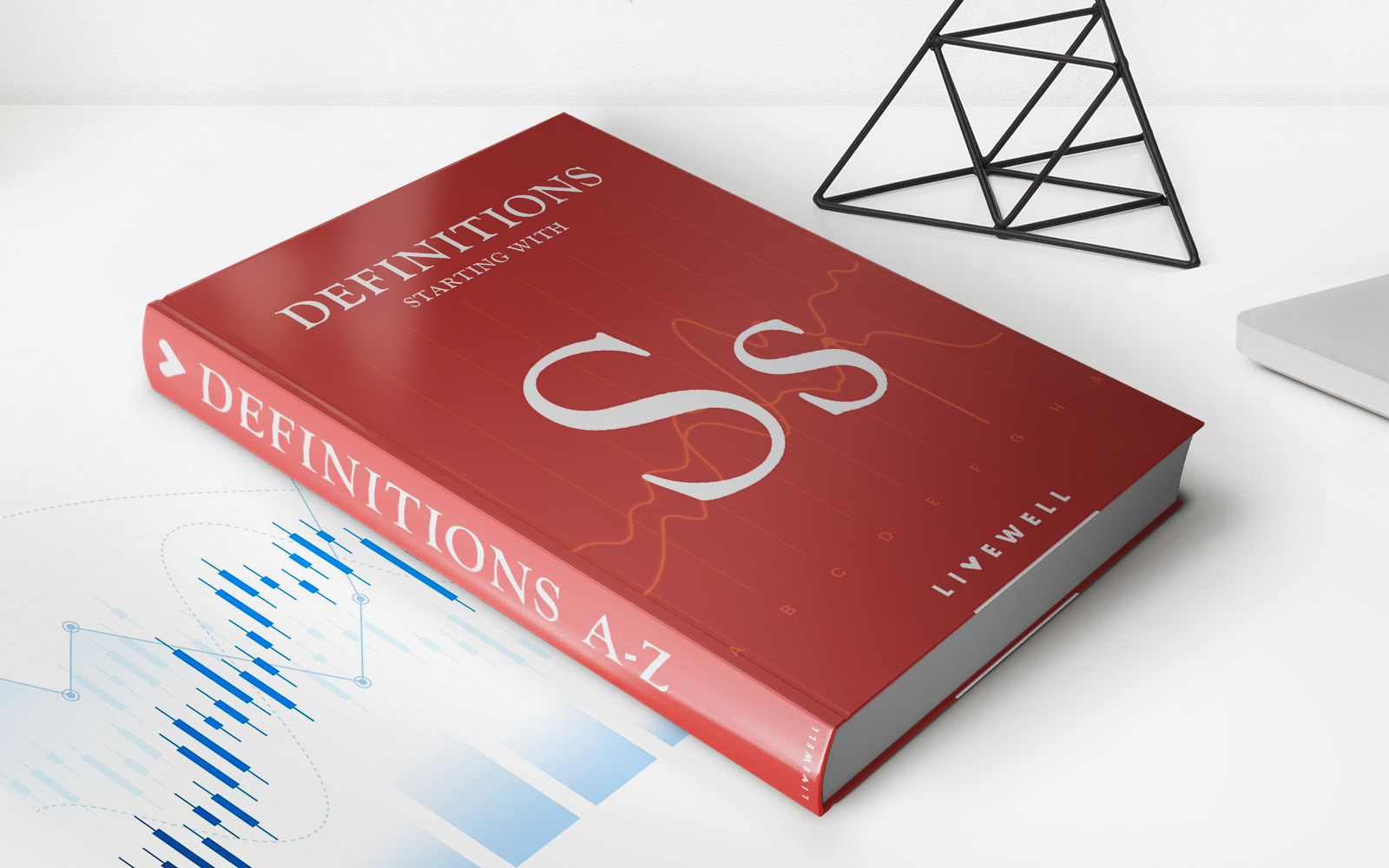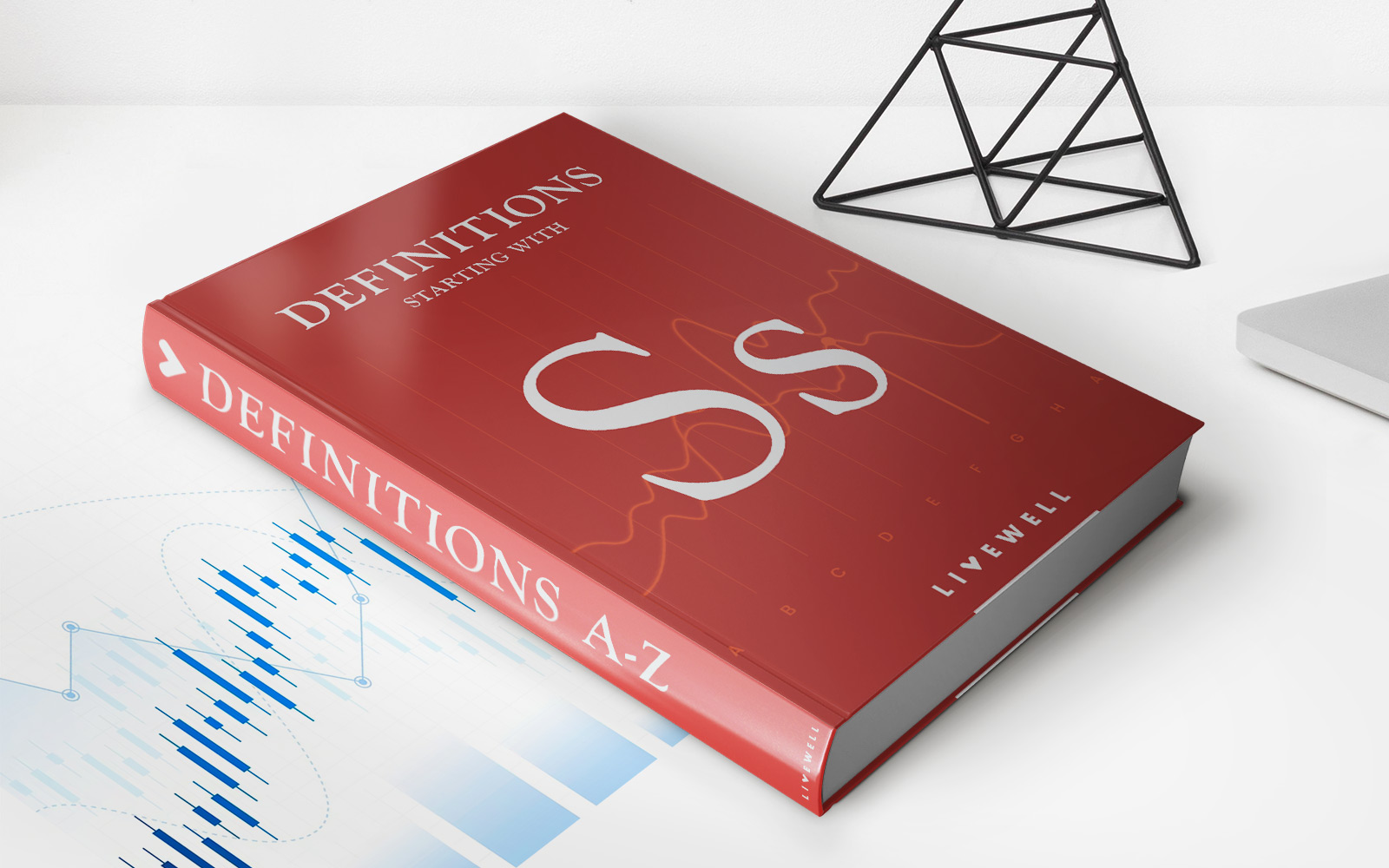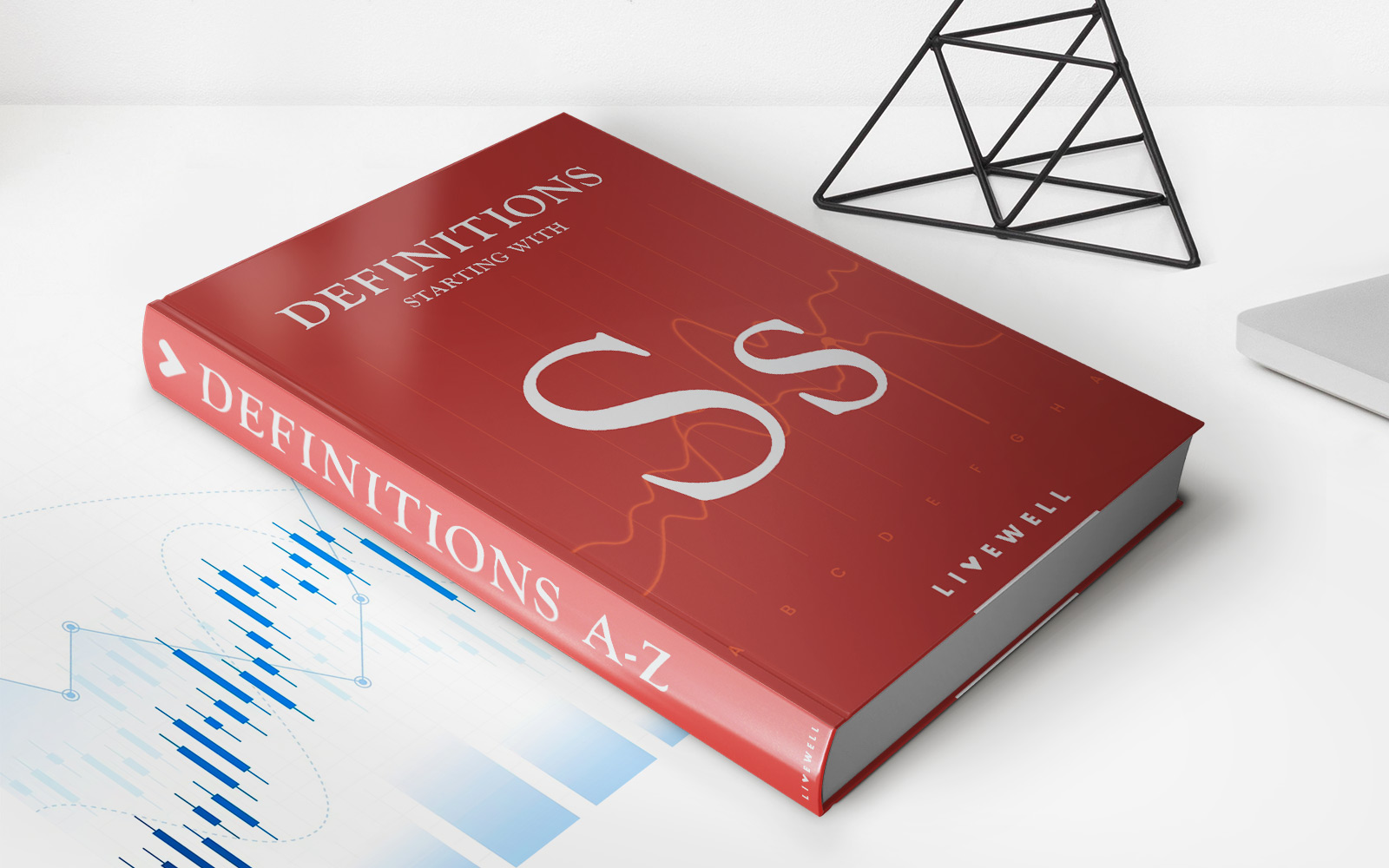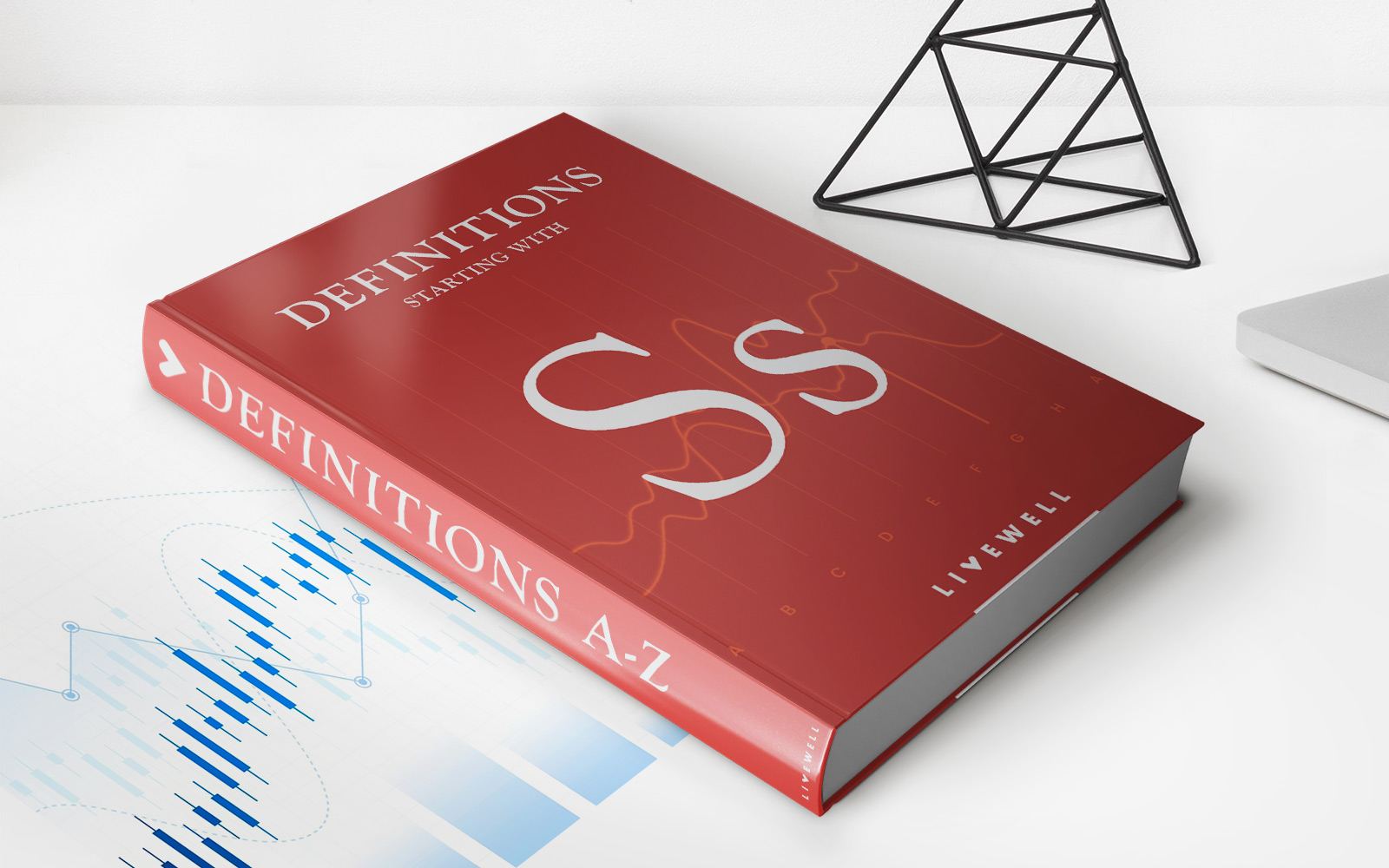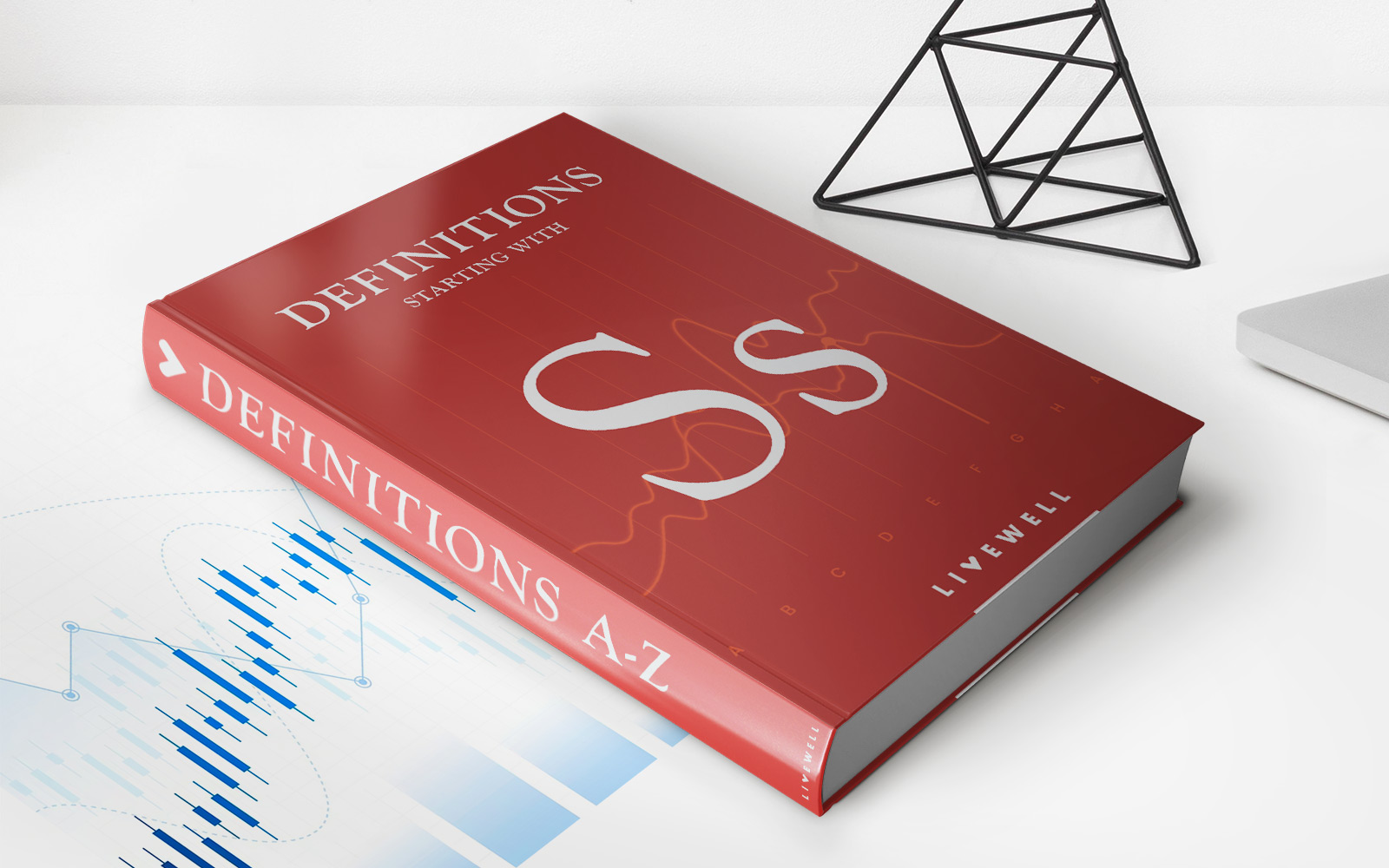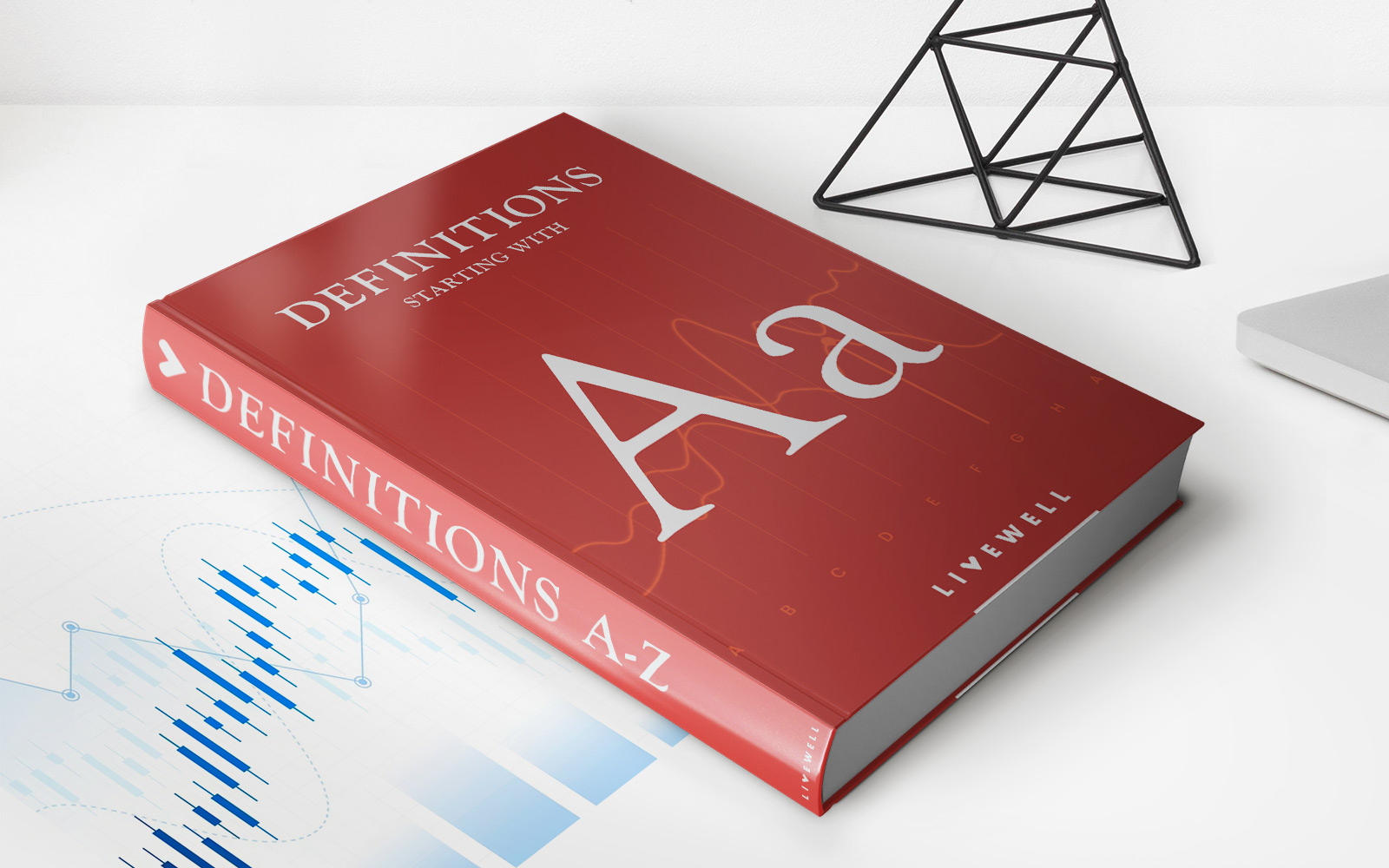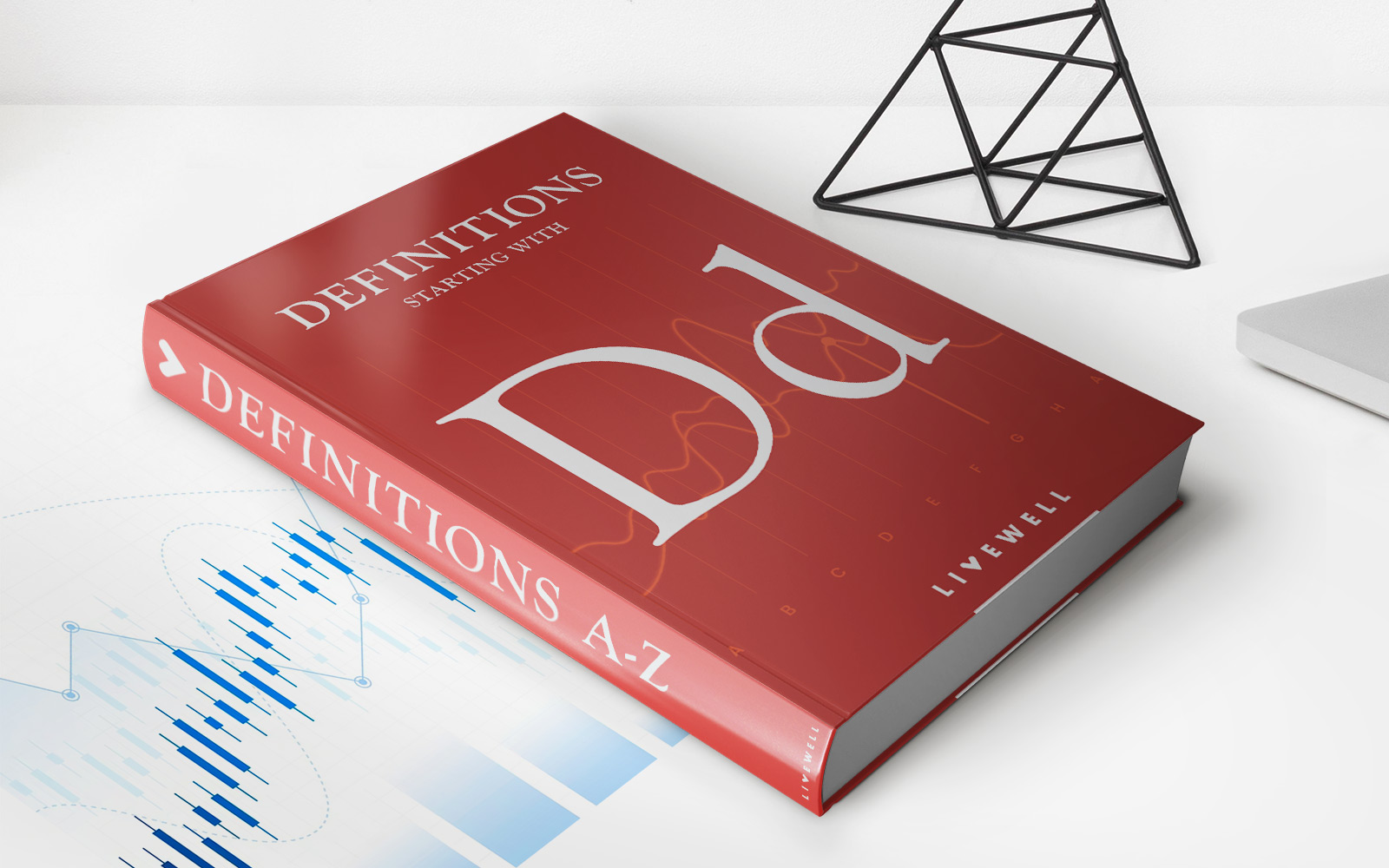Home>Finance>What Is Short Exempt? Definition And How It Works In Trading
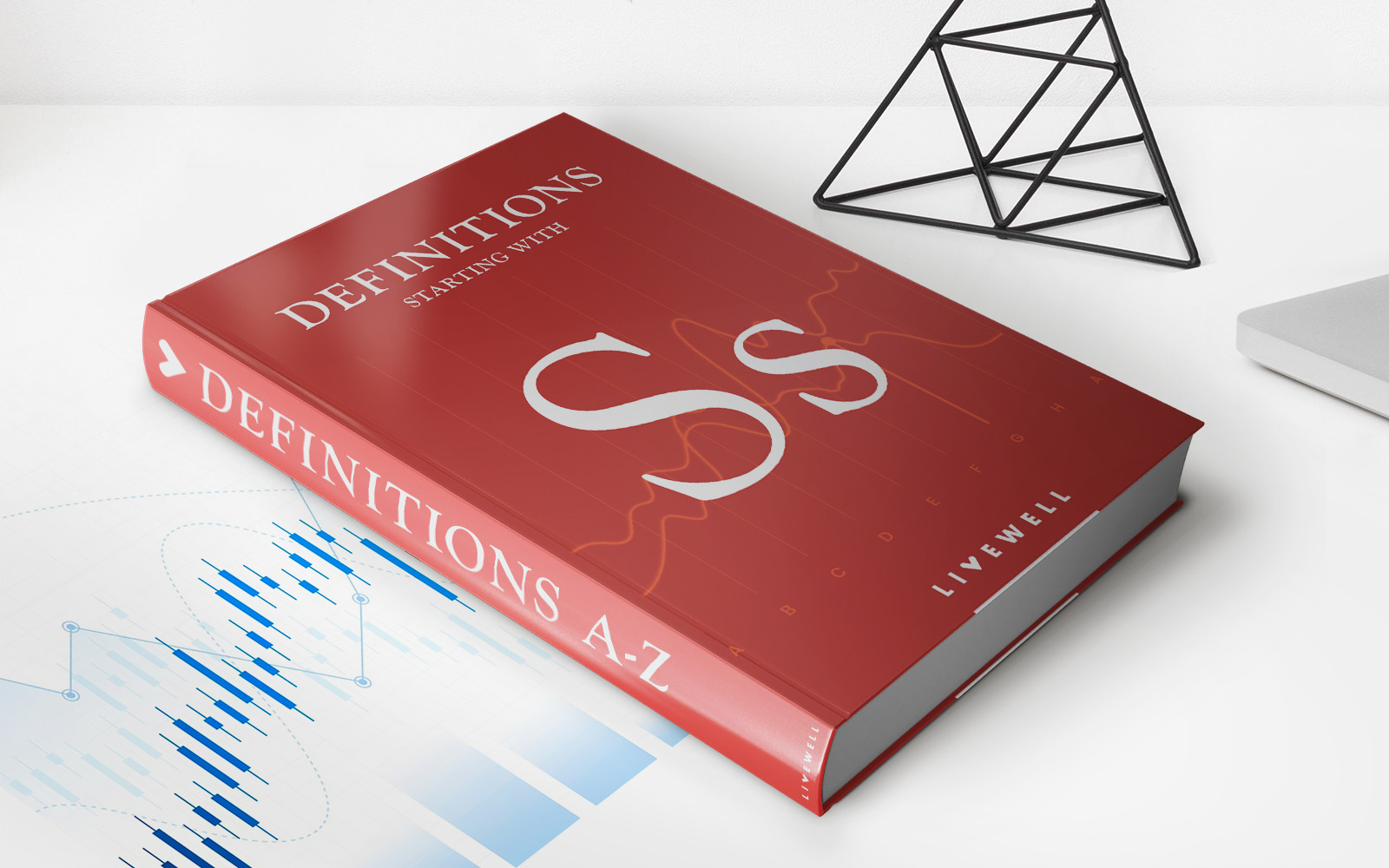

Finance
What Is Short Exempt? Definition And How It Works In Trading
Published: January 28, 2024
Learn what short exempt means in the world of finance and how it impacts trading. Understand the definition and workings of short exempt in this insightful guide.
(Many of the links in this article redirect to a specific reviewed product. Your purchase of these products through affiliate links helps to generate commission for LiveWell, at no extra cost. Learn more)
What Is Short Exempt? Definition and How It Works in Trading
When it comes to understanding the intricate world of finance, there are often terms and concepts that can leave us scratching our heads. One such term is “short exempt”, which plays a crucial role in trading. In this blog post, we will delve into the definition of short exempt and explore how it works in the realm of finance.
Key Takeaways:
- Short exempt is a term used in trading that provides certain exemptions for short selling restrictions.
- Short exempt transactions are typically executed by market makers and authorized participants.
What is short exempt?
Short exempt refers to a specific category of trades that are exempt from certain restrictions on short selling. Short selling involves selling a security that the seller does not own, with the hope of buying it back at a lower price in the future. This practice allows traders to profit from a declining market. However, to prevent market manipulation and excessive volatility, regulators impose restrictions on short selling.
Short exempt transactions, as the name suggests, are exempt from these restrictions. It is important to note that not all short sales fall under the short exempt category. Instead, short exempt trades are typically executed by market makers and authorized participants who play a crucial role in maintaining liquidity in the market.
How does short exempt work in trading?
Short exempt transactions are subject to specific criteria outlined by regulatory bodies. These criteria vary across different jurisdictions, but generally include the following:
- Market making: Short exempt status is often granted to market makers who continuously provide liquidity by quoting both buying and selling prices for a particular security. This ensures that there is a steady supply of securities available in the market for trading.
- Authorized participants: In exchange-traded funds (ETFs), short exempt status is often granted to authorized participants who create and redeem shares on behalf of the ETF. These entities facilitate the efficient functioning of the ETF market.
- Reporting requirements: Market makers and authorized participants are typically required to report their short exempt transactions to the relevant regulatory authorities. This promotes transparency in the market and allows regulators to monitor and mitigate any potential risks.
By granting certain exemptions to market makers and authorized participants, short exempt transactions help maintain liquidity and efficiency in the market. This, in turn, benefits investors and fosters a fair and transparent trading environment.
Understanding the concept of short exempt is crucial for anyone involved in trading or seeking to expand their knowledge of finance. By grasping the definition and how it operates in the trading realm, individuals can make more informed decisions and navigate the complexities of financial markets. So the next time you come across the term “short exempt,” you’ll have a better understanding of its significance.
Disclaimer: This article is for informational purposes only and should not be construed as financial advice. Before engaging in any trading activity, it is important to consult with a qualified financial professional.
